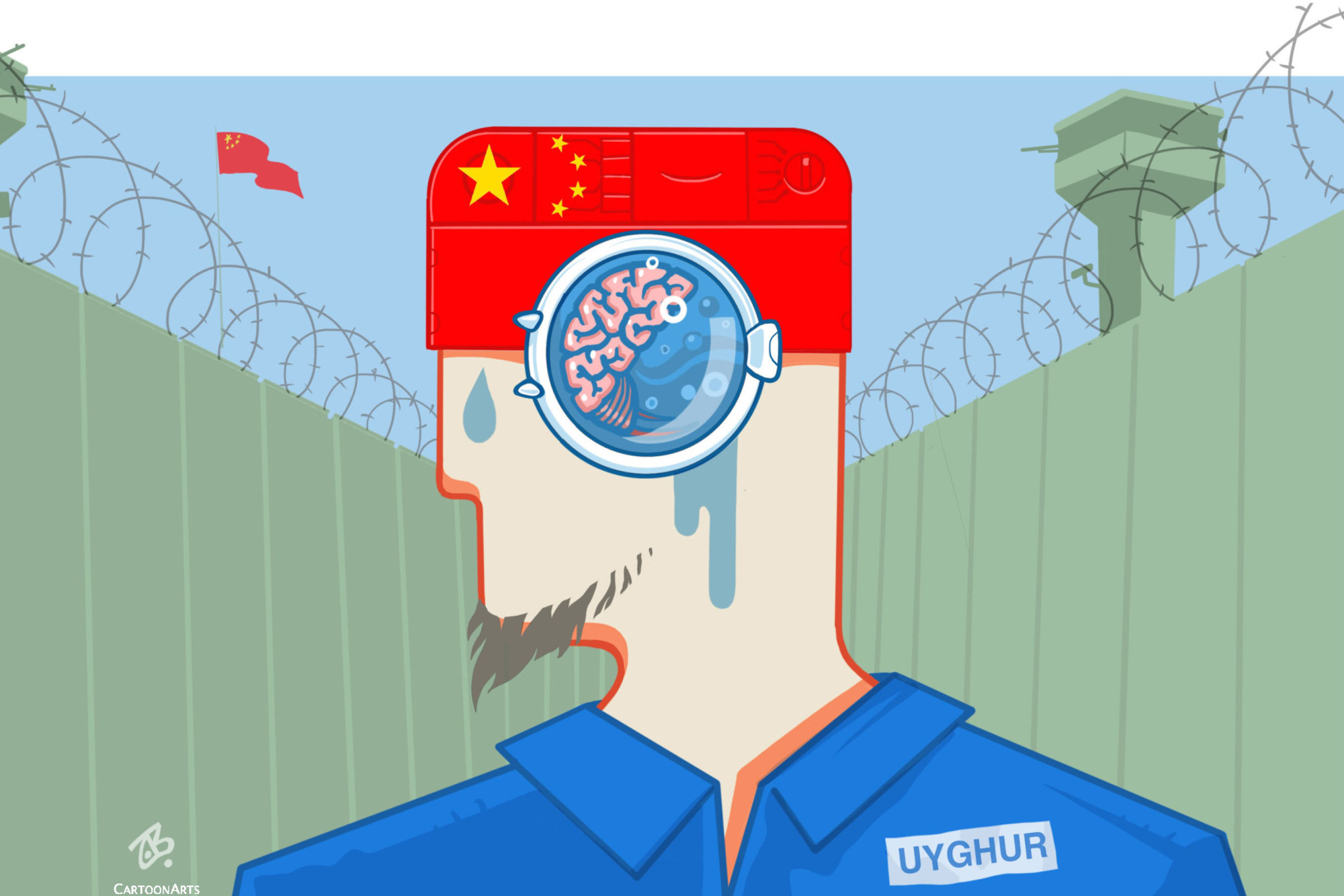There is plenty of horrifying detail in the so-called Xinjiang Papers, a collection of leaked documents outlining the motives and modalities of China's repression of its Uighur minority. Yet the most striking thing about the documents is what they reveal about the Janus-faced nature of Chinese power.
Beijing is simultaneously a brash, rising power and a brittle, insecure regime besieged by enemies. President Xi Jinping may talk about realizing the "Chinese Dream" of great wealth and international influence. But the autocratic Chinese government has an abiding fear of subversion and upheaval. These seemingly opposing influences are in fact two sides of the same coin: It is the regime's eternal vulnerability that impels so much of its external ambition.
It is not news, of course, that the Chinese government is conducting industrial-scale repression in Xinjiang. The proximate cause of that campaign was a spate of violence perpetrated by Uighur extremists between 2009 and 2014, including an attack at a train station in which more than 150 people were stabbed. Yet what has gradually become clear — and what is shown with great clarity by the Xinjiang Papers — is that Beijing has taken an extremely broad approach to dealing with that threat.



















With your current subscription plan you can comment on stories. However, before writing your first comment, please create a display name in the Profile section of your subscriber account page.